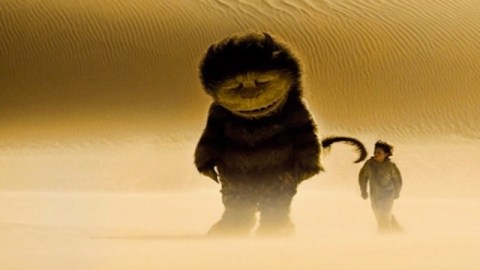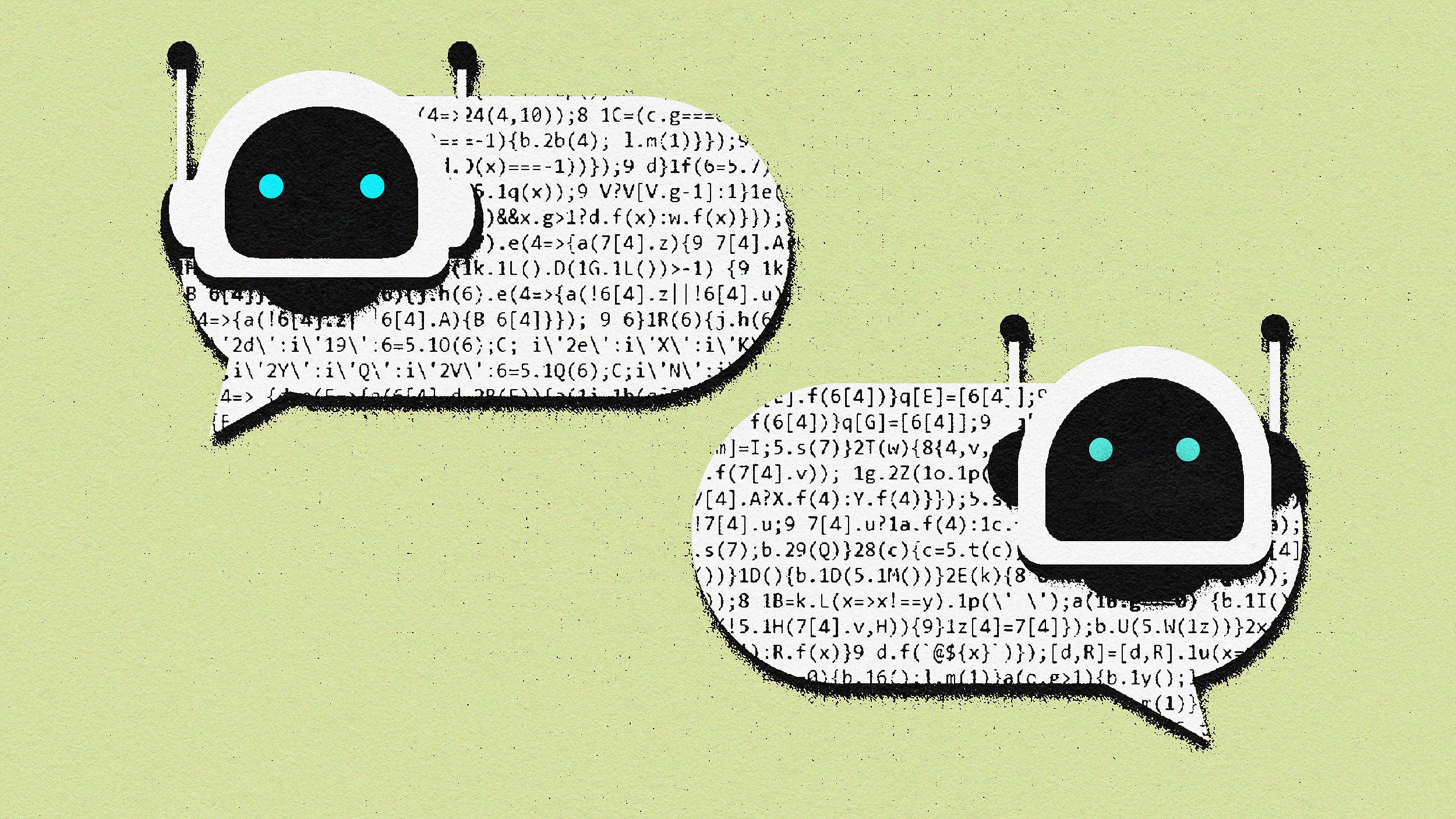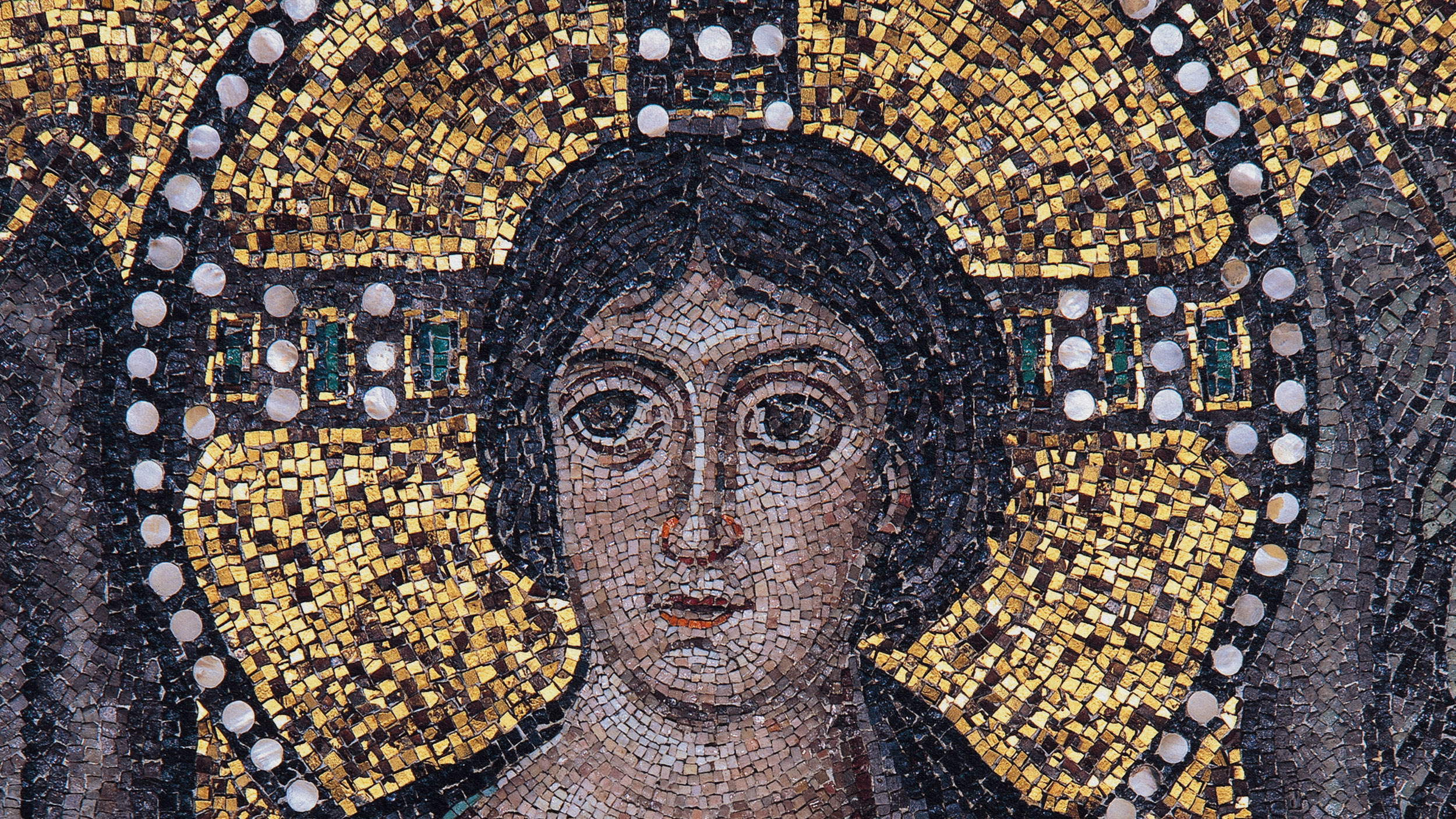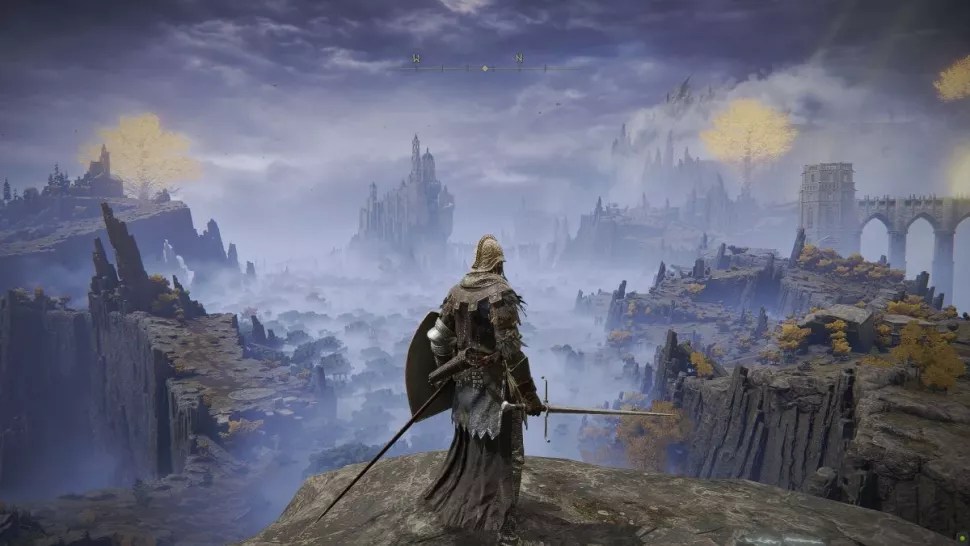Love Goodnight, Moon; Forget About Harvard

Today’s New York Times reported on the phenomenon of declining picture book sales—for children. Pictures, apparently, are not advanced enough for our little ones, even when they are still in kindergarten. Picture books will not get them into Yale, or Harvard. But this was never the promise of picture books, or the promise of children’s literature more broadly. The fact that the validity of these avenues for our children’s imagination is now called into question should perhaps cause us to question ourselves.
We cannot keep them on Firetrucks forever, nor should we. Yet the current social trend, uniquely difficult for mothers to oppose, dictates that deprivation from advancement is a kind of abuse. Said another way, there is no reason not to push our kids if pushing means insuring their success. While the data, and basic instinct, would lead anyone to conclude that parents who love their children will allow them to read at their own pace, elements of the Times piece seemed (uncharacteristically) to mock the trend. For example:
On a recent discussion board on Urbanbaby.com, a Web site for parents, one commenter asked for recommendations for chapter books to read to a 5-year-old, and was answered with suggestions like the 272-page “Phantom Tollbooth” by Norton Juster and “The Wonderful Wizard of Oz” by L. Frank Baum — books generally considered more appropriate for children 9 to 11.
Our children are more sophisticated than we were. This is axiomatic. We should read to them from books that will stretch their minds and spans of attention, and the two mentioned above are two of the finest. So what’s at stake? Is this the Library at Alexandria writ small? Call it crisis or call it evolution, it is likely that there is no turning back.
What will be lost? Will a child pushed to go beyond picture books lose his or her imagination? Will he or she grow up less likely to read Nobel Laureates, like Mario Vargas Llosa? Will he or she grow up less likely to be Mario Vargas Llosa? We do not know. There is no data. But a love of reading, whether genetic or learned, is less about the number of words on a page than the quality of the experience of the story. Adults can wrestle with Chris Ware alongside Salman Rushdie, and appreciate the diversity of experience.
To say, No More Picture Books is a bit like saying, No More Marshmallows. One does not advance beyond Peanut Butter-and-Marshmallows towards Peanut Butter-and-Jelly only to arrive at Peanut Butter-and-Caviar. The most sophisticated (and healthy) pleasures will always exist alongside their predecessors, counterparts, and antidotes. Publishers will continue to find Peter Rabbits in the rough, and mothers will continue to read them.





